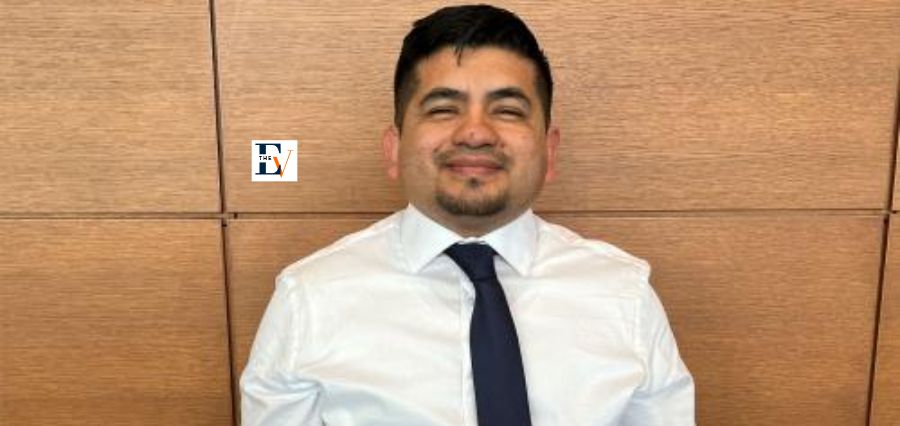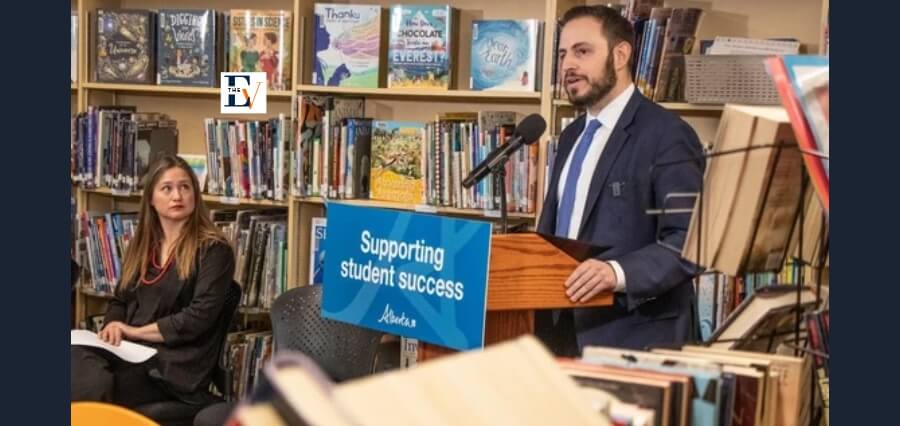Boarding schools create an immersive and supportive environment that promotes personal, academic, and social growth. The combination of structured routines, academic focus, diverse experiences, and strong support systems prepares students for success in various aspects of life.
In today’s time of technological diversion, Midland School fosters all of these qualities in a cell phone-free environment.
Midland was founded in 1932 in the middle of the Great Depression. This period of history has informed the school’s founding principles and values; evaluating its needs and wants; serving as stewards for the environment; building meaningful connections between students; providing access to faculty and the ideas that drive their fields; and ensuring accessibility to families of all financial means. While the school originally only took young men, young women joined the ranks in the early 1970s to create a co-educational model.
Midland continues to provide a setting with access to the outdoors, set on 2,860 acres of land, much of which is protected in a conservation easement.
Going Against the Flow
Midland has always strived to be an alternative to the ‘regular thing’ of modern education while still preparing students for collegiate studies. The founding mission and values of the school have guided the community through economic recessions, the recent global pandemic, cultural shifts, and more.
The school’s rustic setting provides the opportunity for students to learn resilience and the value of work while also allowing for genuine leadership and collaborative skills to develop. Students live simply in the midst of a stunning natural setting. The school’s portrait of a graduate prioritizes these values:
- Connection to place and environment
- Diversity, equity, inclusion and justice
- Being of use
- Craftsmanship
- Literacy and voice
- Critical thinking and analysis
- Problem-solving
The school’s mission has proven applicable through the decades. Midland provides a unique college prep boarding school experience to a diverse student body. Through study and work, it teaches the value of a lifetime of learning, self-reliance, simplicity, responsibility to the community and the environment, and a love for the outdoors.
Instilling the Values of Self-Dependency
Paul Squibb was the school’s founder and visionary. He and his wife Louise dedicated their lives to founding Midland School, meant as a simple school that wouldn’t have the amenities of Thacher and Webb but that would give what a fellow really needed.
Midland’s needs versus wants philosophy prevailed from the very beginning, with the first class of boys living with Paul and Louse in a single house on the ranch property without refrigeration or electricity.
The original Midland students contributed to the operations of the school by doing the jobs necessary to keep the school running and participating in constructing many of the school’s buildings. Prior to founding Midland, the Squibbs had travelled the world and been involved in supporting education and environmental conservation.
Overcoming Financial Barriers
One key part of Midland’s mission is to create a community based on a diverse student body. Midland has always offered tuition on a sliding scale since its founding in 1932. Founder Paul Squibb desired the school’s model to allow the matter of financial status to be pushed to the background.
Currently, about 50 per cent of the student body receives financial assistance. Many students who have gone to Midland have been the first in their families to graduate from a private high school and enroll in higher education. These first-generation college students benefit from Midland’s rigorous college preparatory curriculum as well as the skills gained from a boarding school setting. Thus, when going off to college, Midland students have that tool kit to succeed.
Focusing on Personal Wellbeing
Midland continues to straddle the tension between maintaining tradition and its rustic setting while also being connected to the modern world and the technologies it brings. For a long time, the students studied by kerosene lamps, but when electricity was installed throughout the region, Midland adapted.
Part of the allure of being in Midland’s rural California setting is to have some disconnect from the outside world and its distractions, but eventually, Midland got phone lines and now has access to Wi-Fi. However, the school still wants Midland students to have the opportunity to prioritize face-to-face relationship building and the forming of their adolescent identities without the constant thrum of social media and texting.
At Midland, students don’t use cell phones, and WiFi is only available in academic areas during study hours. In this world of constant connection and a continual barrage of information, Midland provides the space for students to spend their teen years doing activities together in real life.
Creating a sanctuary from the World Wide Web also allows students to disconnect, sleep, and focus on their physical health and overall well-being.
The Cultural Legacy of Midland
The school’s signature programs involve the 10- acre organic farm and garden, natural horsemanship program, and outdoor leadership opportunities. In addition to these, students are involved in competitive sports (cross country, volleyball, basketball, and soccer) through the Condor League and also can participate in non-competitive sports such as surfing and hiking.
Midland School is located in the beautiful Santa Ynez Valley, known for its vineyards, equestrian activities, and ranching traditions. The city of Santa Barbara is less than an hour’s drive from the campus, so students are able to take advantage of cultural programs such as museum exhibits, live dramatic performances, and architecture tours, among other activities.
Midland has been recognized as a leader in green and environmental education through the Santa Barbara Country Green Award, the Governor’s Award for Environmental and Economic Leadership and the Ed ward E. Ford Foundation Grant.
In 2023, the school’s longstanding Jobs Program received an excellence award from Communitas focused on growing leaders for community service. Midland graduates have gone on to excel in various fields, from academic research focused on equity and inclusion to sustainable farming practices to political office and other community-focused initiatives.
Haven for students
Midland would like to continue to be a haven for students seeking something unique and meaningful in their high school experience. Midland is intentionally small; its student body is typically between 80 and 90 students for grades 9 to 12.
However, the school plans to continue to be small but mighty. It envisions the graduates to continue to go forth with the values of resilience, equity and environmental sustainability and to bring those into their future work around the US and the world.
Following USPs of Midland make it unique:
Students live in rustic cabins, cell phone free, All students have essential jobs to help the school run smoothly, Senior students serve as leaders for the jobs program, Students are allowed to have a dog or a horse with them on campus if they are in good academic standing, Midland’s animals are integrated into the academic program – 20+ horses, a large flock of chickens, four pigs, 15+ cattle, student and faculty dogs and more! The school’s farm-to-table program provides 50 percent of the value of what they eat, Midland has a working ranch where students participate in raising cattle, Time is dedicated to experiential and place-based learning, All 9th graders take Midland 101, a place-based learning course that immerses them in the land and cultural history of the campus and the region.
Read More: click here






